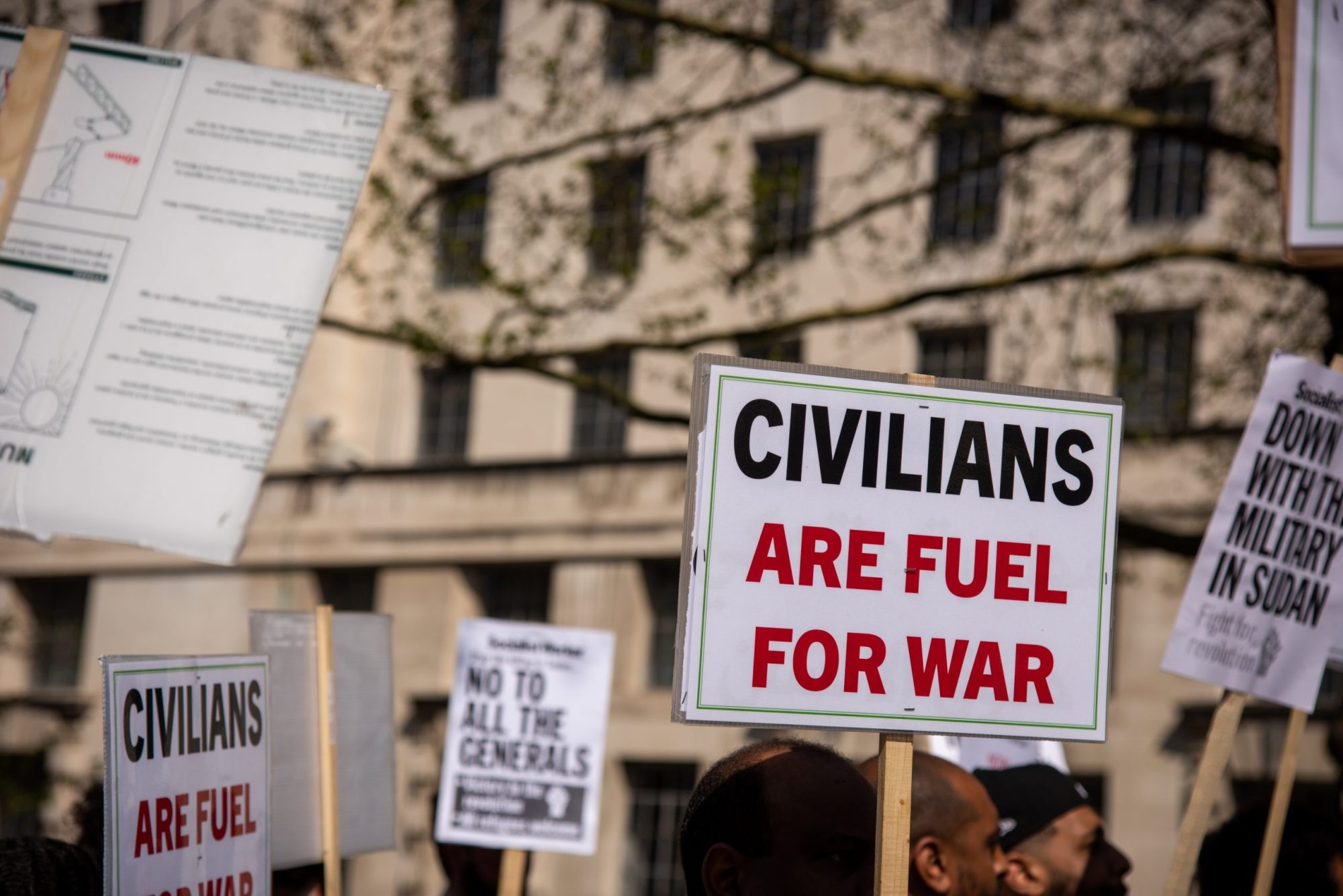War in Sudan Has Severe Consequences for Darfur
The second perspective in our Spotlight on Sudan series, written by Dr. Amir Libiss provides context about Darfur’s history and the outsized impact that war in Sudan continues to have on those in Darfur.
